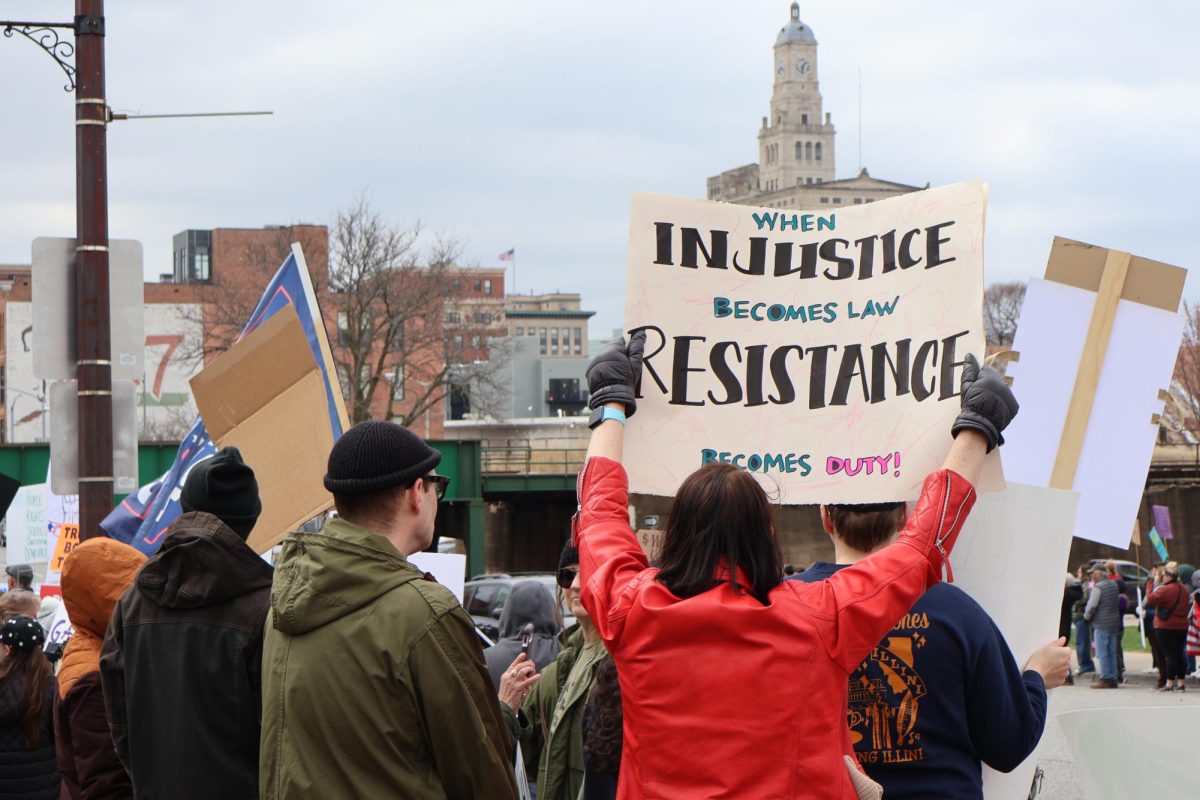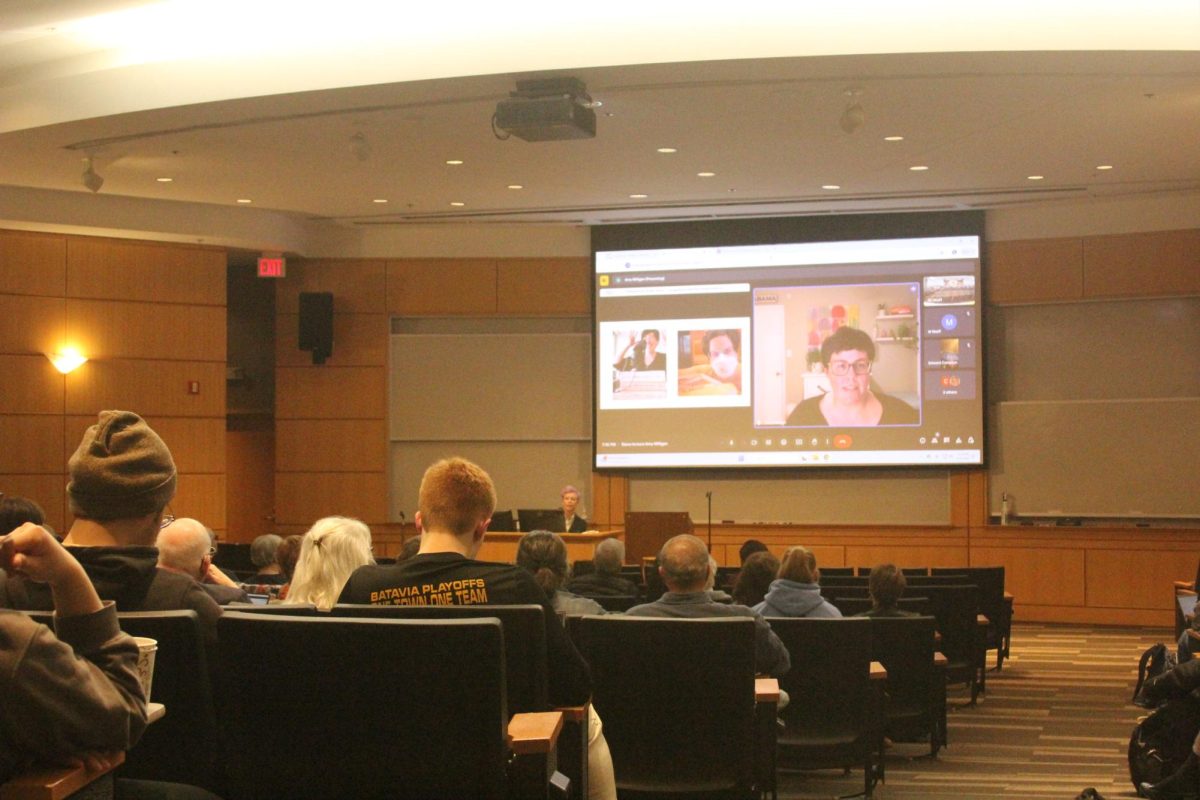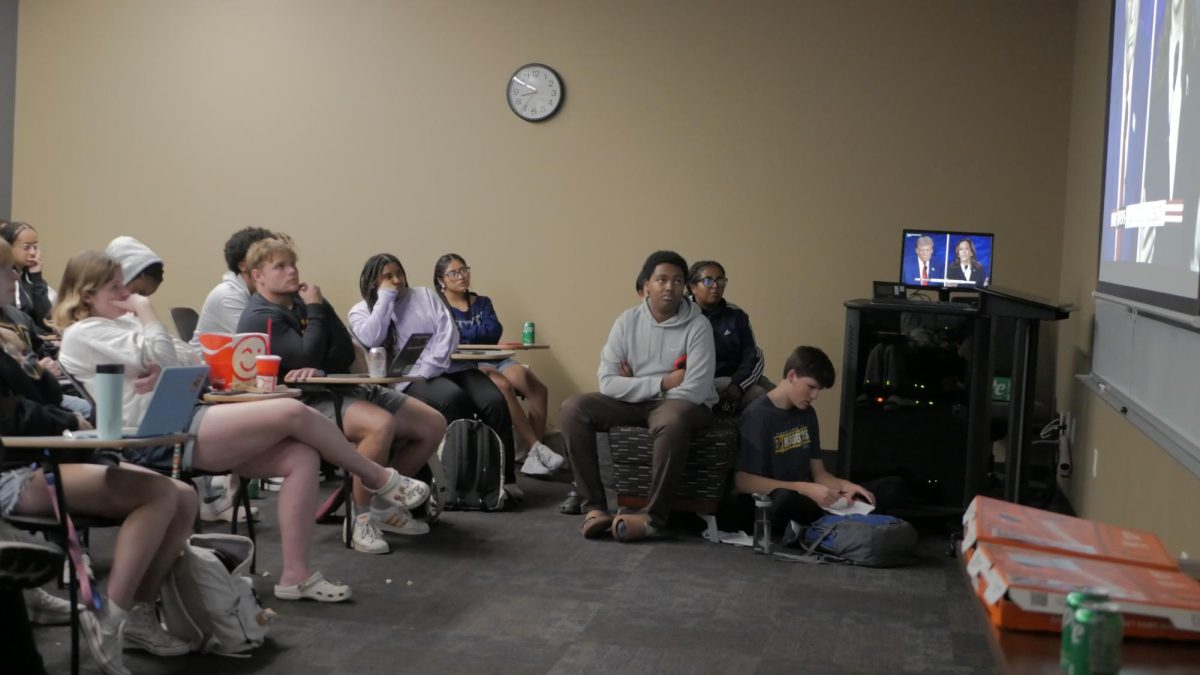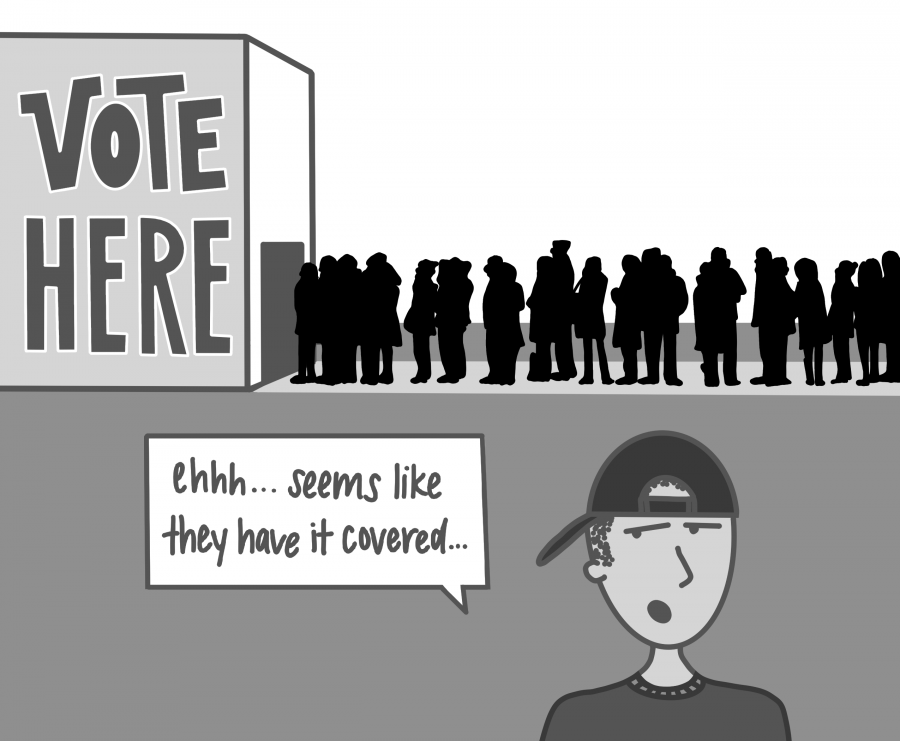Anyone can have an opinion on a matter, but no one is obliged to care. This is the axiom under which I operate when writing opinions. It might sound debilitating. But writing an opinion piece is about more than trying to preach your stance and to convince another to change their mind.
The better goal to have is first to inform the reader of the topic, and the second is to share your perspective. My goal is not necessarily to convince, but to show that reasonable people can disagree and that, if you don’t agree with me, at least my opinion can be reached through reason.
We cannot disagree about the facts, but we can disagree on what to make of them.
Therefore, to have an opinion, you must do your research. It is important to know that your position is supported by the facts.
There have been a couple occasions during my time at The Observer when I have changed my position while writing, or even went so far as not writing an article. Because if I did my research and my position was not strongly rooted in evidence, then it would not be a worthy opinion to have.
In other words, my position changes to comply with the facts. And when the facts change, my position must change to reflect them. Organization psychologist Adam Grant calls this thinking like a scientist. And anyone can do it.
Thinking like a scientist, according to Grant, is both a skill and a mindset. In addition to knowing practical ways to question your thinking, you must also practise rethinking by not allowing yourself to become complacent and stuck in your beliefs.
In this spirit, I want to take this opportunity, being the last article I write for The Observer, to look back through the things I have written. My goal is to question my thinking, to look back and find places where my thinking has evolved since writing. I will focus on an article that was published on Oct. 31 2019 entitled, “On the U.S. withdrawal from Syria.”
On April 14, President Biden announced that the US will be withdrawing troops from Afghanistan by Sept. 11. While the timetable in this case is longer than when President Trump had decided to pull troops out of Northern Syria, I am still just as concerned. In both cases, my worry is that civilians will suffer as a result. And I think that leaving is a bad idea, despite how good it would be to bring our troops home.
We saw in Syria that, fearing for their lives, the Kurds abandoned camps housing both displaced people and detained ISIS fighters. After leaving, the fighters were able to escape. Russia filled the void that the US left. And on Nov. 15, Russian forces took up residence in a former US airbase. Although Trump did return some troops to Syria, he sent them to the south and the east, areas rich in oil, which did nothing to help our allies in the region.
Withdrawing from Afghanistan will not be as abrupt, and arguably it has been a long time coming. I have heard some argue that whether we withdraw now or wait another decade, the risks will be the same. President Biden is withdrawing, knowing that he will bear the burden of the consequences that follow.
The question I struggle with is what obligation does the US have to the people of Afghanistan? If the Taliban take over the country, what leverage will the US have? Should the US have leverage? Right now, the US is supporting the Afghan government which provides rights to minorities and women. If the Taliban win a civil war after the US is gone, those rights would almost certainly be stripped away.
In February 2020, the US reached an agreement with the Taliban in Doha, Qatar. The agreement granted the Taliban some legitimacy, paved the way for power sharing between the Taliban and the Afghan government and outlined the US’ withdrawal. The Taliban, in turn, agreed to never again support terrorist organizations. Notable is the fact that the Afghan government was not included in the talks and a deal between the Afghan government and the Taliban is not a condition for the US’ withdrawal.
Overall, my position has remained mostly intact. I am worried. I do not think that withdrawing is a good idea, but I see the argument for leaving and I recognise it as defensible. The story is still developing, and there is a lot of time between now and Sept. 11. I will have plenty of opportunities to rethink my position on the matter.
This is a complex issue. There are so many moving parts that make finding a perfect position impossible. In a year, I could look back and realise that I was totally wrong. And that’s okay. In fact, I’d be quite chuffed to be wrong. Being wrong about something means that there is an opportunity to rethink and to learn. And if I were still going to be writing for the paper, I would probably write about it.
How to have an opinion and change it too
May 4, 2021
0
Tags:
More to Discover









































































































